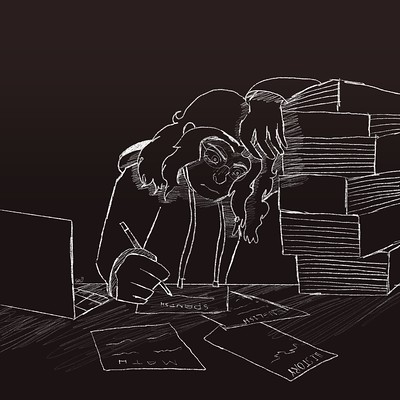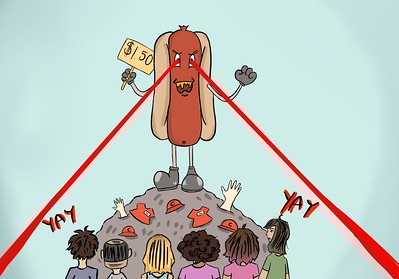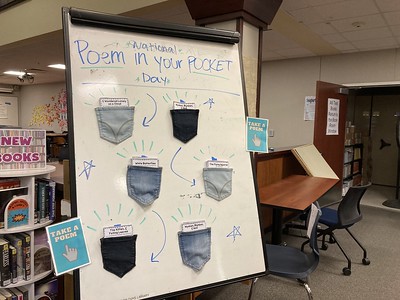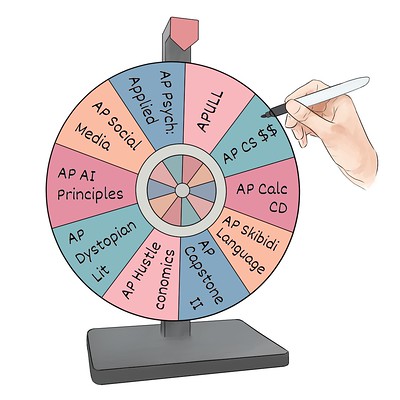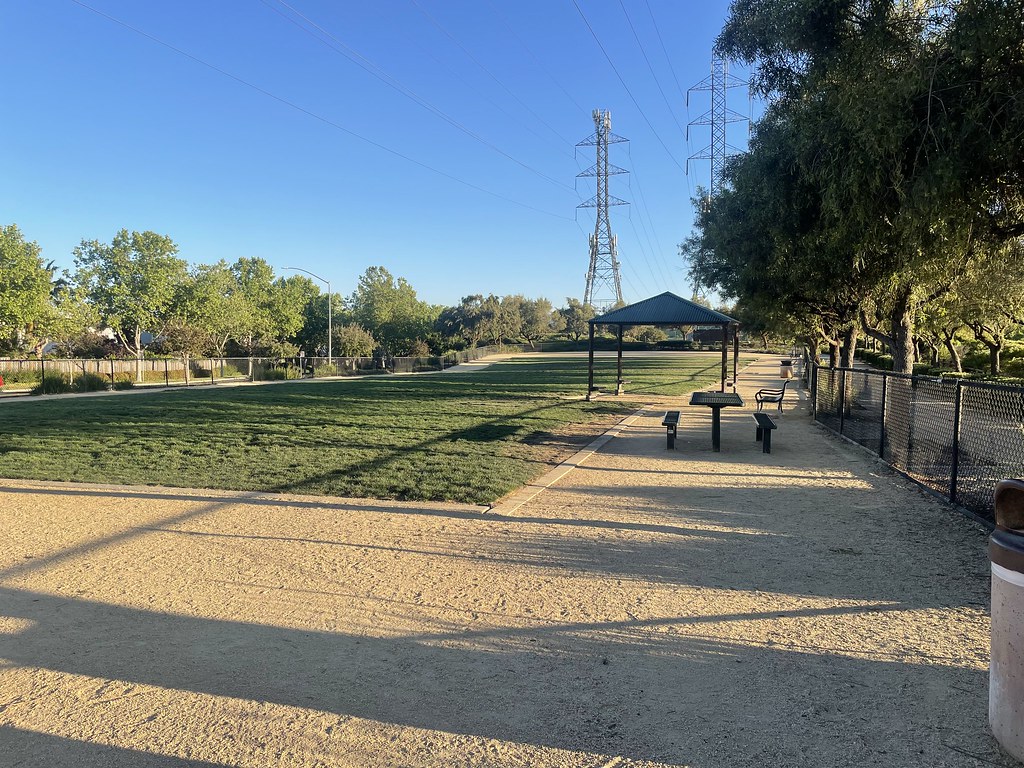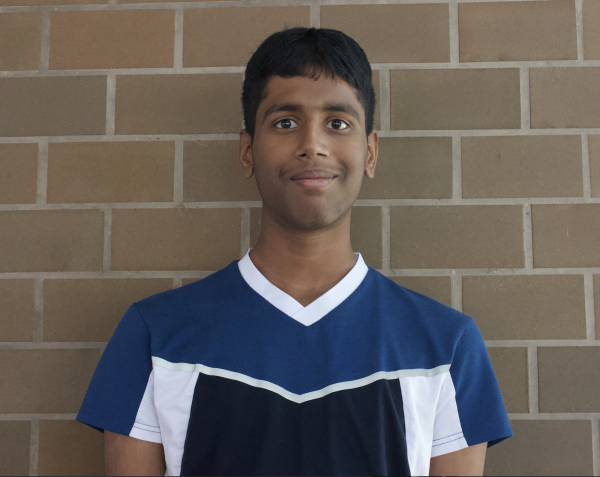Whenever I came home from an exhausting day at school, my top priority had always been completing my homework. Often, I wouldn’t even care about the quality of my work and would attempt to complete multiple assignments at once. This method proved ineffective, as it never allowed me to fully grasp a single topic. Therefore, multitasking during homework is more harmful than helpful. During my initial high school years, like many others, I believed multitasking was the only path to succeed and get a good night’s sleep. However this is simply not true, students who avoid multitasking have many other methods at their disposal. The University of North Carolina shows how students who take breaks when working on a single subject are objectively known to have greater rates of productivity. Furthermore, students who practice positive reinforcement by promising themselves rewards at the end of their work also reportedly have healthy work ethics and find less reason to procrastinate.
Now that I’ve reached my sophomore year of high school, it is more important than ever to make the most of every single minute. However, the pressure of homework, extracurriculars and grades has never pushed me to resort to multitasking. Instead, I tackled the root problem, procrastination. This often leads to the desire to get all your work done, which in turn results in multitasking. Therefore, one shouldn’t really have any reason to multitask if they avoid procrastination, balance extracurriculars, and are making efficient use of their time.
Now you may be wondering, what’s the real issue with multitasking? The problem stems from how multitasking actually hampers your ability to learn and embrace new concepts. This is further supported by California State University which claims that if being stimulated by multiple things at once, can prevent you from learning the concepts described in your homework, rendering the entire practice ineffective. s. This would mean students would lose sleep and precious time, having to independently spend more time apart from the time spent doing homework in order to revise for certain concepts.
According to the Cleveland Clinic, around 82% of all students admit to regularly multitasking during homework, yet only 2.5% feel that they can do so effectively. Moreover, 90% of adults who multitasked as children claim that they feel pressured to disregard quality and multitask in the workplace to just half-heartedly “accomplish” or “fulfill” their grueling responsibilities. Not putting your all is especially problematic in an environment such as DVHS where students regularly compete for academic distinction. I know several individuals who’ve had to drop out of classes due to the lack of focus and effort resulting from habits such as multitasking.
When students multitask, they are essentially making a tradeoff. In exchange for more free time, a student is practically learning nothing. This is extremely harmful in the long term as it will definitely reflect upon the students academic performance.
These days, many DVHS students want to complete their work as quickly as possible. However, it is important that the average student keeps sight of their main objective: Learning. While multitasking is able to get work done faster, a student is unable to learn efficiently, defeating the entire purpose or need for homework. As a DVHS student, I understand the struggle of balancing several hours of chemistry and AP World History homework, on top of preparing for a math exam. But if multitasking becomes a normalized work ethic among DVHS students, our school risks prioritizing quick-time, unreliable solutions over actual learning.

